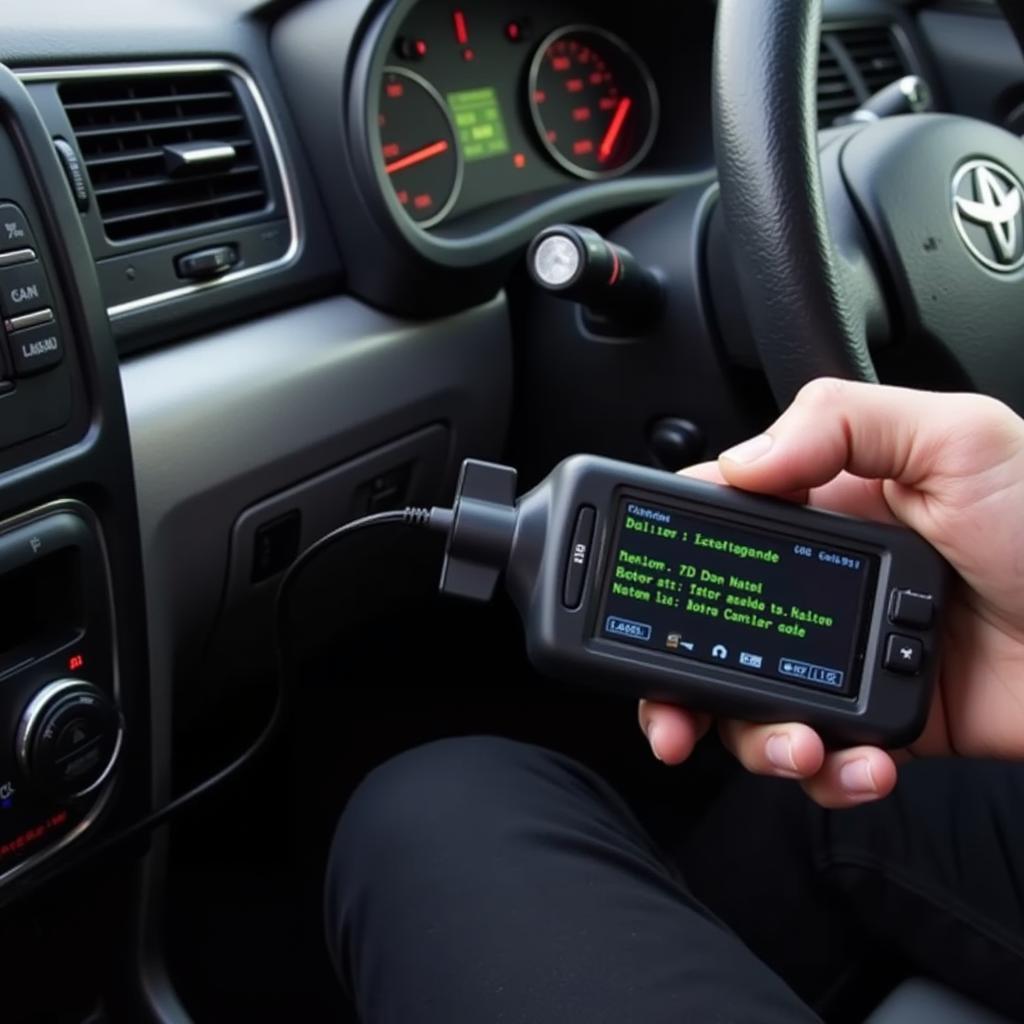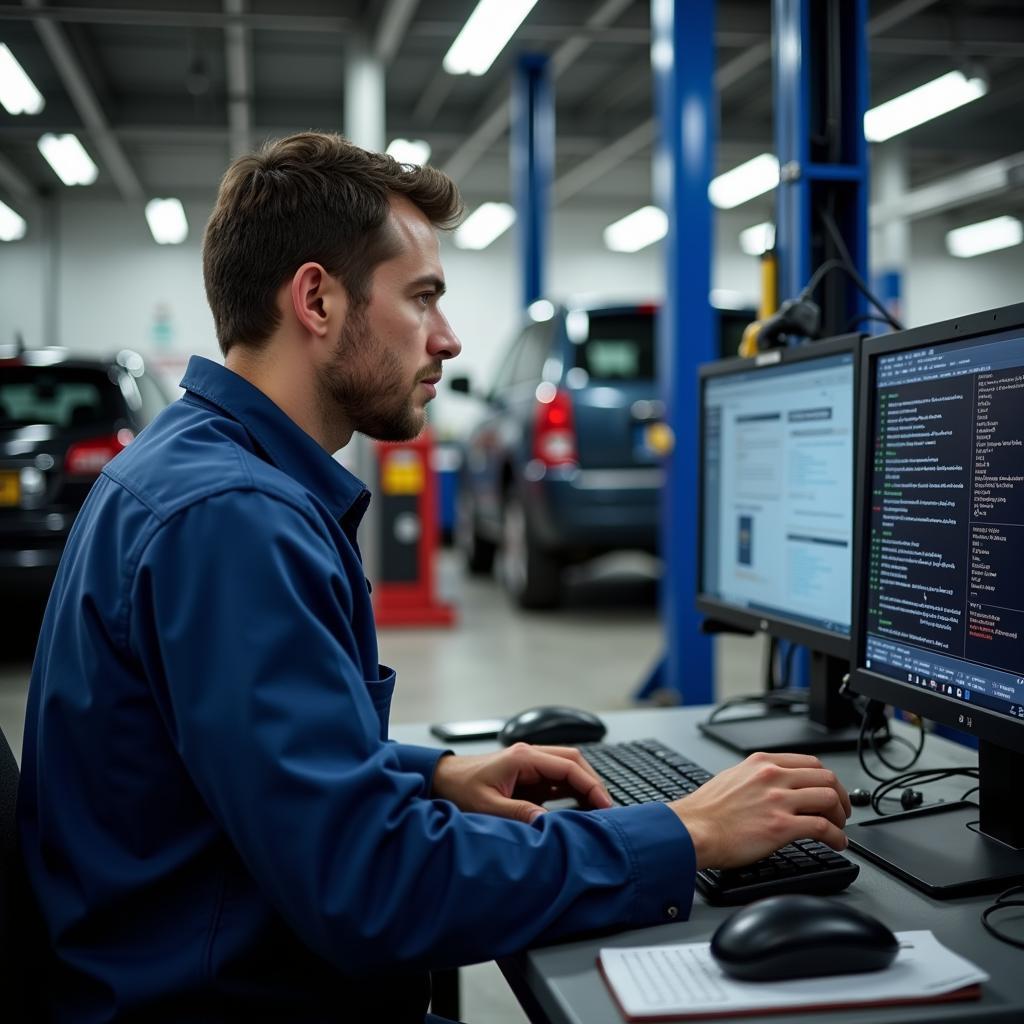So, your car’s acting up and that pesky check engine light is staring you down. You’re probably wondering, “Can I do a diagnostics check on my own car?” The answer, in a nutshell, is yes… and no. Let’s break it down.
Understanding Car Diagnostics
Before we dive in, it’s helpful to understand what we mean by “diagnostics.” Essentially, it’s like giving your car a checkup at the doctor. Modern cars have onboard computers (ECUs – Engine Control Units) that monitor various systems. When something’s off, the ECU logs a Diagnostic Trouble Code (DTC). Think of it as your car’s way of saying, “Hey, something’s not right here!”
The DIY Approach
Now, back to your question. You can get a basic diagnostic reading at home using an OBD (On-Board Diagnostics) scanner. These handy devices plug into your car’s OBD-II port (usually located under the dashboard on the driver’s side) and can read those DTCs we talked about.
What an OBD Scanner Can Tell You:
- The Problem Code: This is the starting point. It’s like a code name for what’s ailing your car.
- Pending Codes: These are like early warning signs. They indicate a potential issue that the ECU is monitoring.
- Freeze Frame Data: This snapshot captures engine conditions at the time the fault code was triggered, providing valuable clues.
 OBD Scanner Connected to Car
OBD Scanner Connected to Car
The Limits of DIY Diagnostics
Here’s where things get tricky. While an OBD scanner can point you in the right direction, it doesn’t tell the whole story.
Here’s why:
- Codes Don’t Equal Diagnoses: A DTC is just a starting point. A single code could have multiple potential causes. For example, a “lean fuel mixture” code could stem from a faulty oxygen sensor, a vacuum leak, or even a bad fuel pump.
- Specialized Knowledge Required: Properly diagnosing and fixing car problems often requires in-depth mechanical knowledge, specialized tools, and experience.
- Safety First: Remember, cars are complex machines. Attempting repairs beyond your skill level can be dangerous.
 Mechanic Diagnosing Car Problem
Mechanic Diagnosing Car Problem
When to Call in the Pros
While DIY diagnostics can be tempting, certain situations warrant a trip to a trusted mechanic:
- Complex Issues: If the problem involves engine performance, transmission, airbags, or other critical safety systems, it’s best to leave it to the experts.
- Intermittent Problems: Issues that come and go can be notoriously tricky to diagnose, even for seasoned mechanics.
- Lack of Proper Tools: Some repairs require specialized tools that are not cost-effective for most DIYers to purchase.
The Bottom Line: DIY or Pro?
An OBD scanner can be a valuable tool for understanding basic car issues. It’s empowering to have a sense of what’s going on under the hood. However, remember its limitations. Think of it as a starting point for a conversation with your mechanic. Ultimately, knowing when to tackle a repair yourself and when to call in a professional can save you time, money, and potential headaches down the road.

Leave a Reply